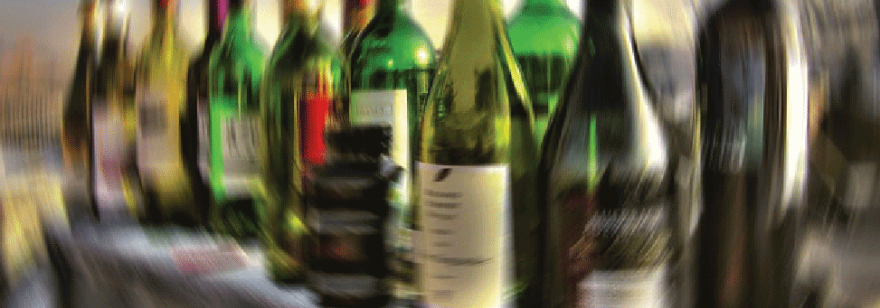Alcoholism is often cited in family law cases, particularly those surrounding child neglect or domestic abuse. It’s an issue that carries huge implications for all parties concerned, so it’s vitally important to seek thorough and accurate testing when investigating claims.
Governments used to suggest men should not regularly exceed 3-4 units of alcohol per day, roughly equating to 1.5 pints of beer. Women were advised to drink no more than 2-3 units, approximately a single 175ml glass of wine. However new research by the Australian Cancer Council around the world advise there is NO safe drinking level.
For men, the World Health Organization defines excessive alcohol abuse as the consumption of 60g of pure ethanol (5 units) per day, sustained over the course of three months. For women, this figure translates to 40g of pure ethanol (around 3.5 units) per day, over the same time period.
Testing
Various situations require scientific investigation to determine whether alcohol use is deemed excessive, yet there is much confusion in the legal sector about which tests to order and why. This, coupled with the fact that many laboratories fail to provide detailed testing, means that approximately 15% of all Hair Alcohol tests are incorrectly ordered or reported.
Due to this lack of clarity clients have been misinformed and are potentially suffering miscarriages of justice, losing custody cases.The technology and know-how is there, so mistakes shouldn’t be so common.
At DNA Legal, we offer expert analysis and a rigorous approach that forms a comprehensive test. The critical points we consider for alcohol tests are:-
-
Ethyl Glucuronide (EtG) - this is the main marker to look for in hair tests. If the client has chemically treated hair, Fatty Acid Ethyl Esters (FAEEs) should also be tested.
-
FAEE testing should always be done in conjunction with EtG, because FAEE testing has a high rate of portraying false positive results due to hair product contamination.
-
Hair Testing should NEVER be used in isolation. Blood Testing (CDT, LFT and FBC) should always be carried out and analysed alongside hair testing, in a combined expert report. It is far better to combine EtG and bloods than EtG and FAEE.
The importance of interpretation
Alcohol markers (EtG and FAEE) are absorbed into hair via sweat and diffusion. When one drinks alcohol, the entire length of the hair will be contaminated.
Therefore, using hair testing alone can give false results because, for example, a client may have abstained from alcohol for five months, but if they then drink an excessive amount in one month, the alcohol markers will be found in the entire length of the hair, giving skewed results.
This is why it’s imperative that blood testing is ordered alongside hair testing. It is also important to submit a full list of chemical treatments or hair products to the testing laboratory, because many will contain substances that can cause false positive results.
Additionally, regular washing or bleaching of hair can remove EtG and result in false negative results.
Expert service
Results shouldn’t be taken solely at face value. All factors and avenues should be cross-examined to ensure the right conclusion is met.
At DNA Legal, we are regularly called upon to give definitive answers over contested results from other labs. In one case, a client had significantly reduced their drinking from an excessive level to just 1-2 drinks per week. However, despite showing negative for bloods and EtG, they still showed positive for FAEE.
At this point, the client stopped drinking altogether. In the next test, they showed negative again for bloods and EtG, but were still classed as excessive for FAEE. They were labelled an excessive alcohol abuser, despite not drinking for three months.
Our leading expert, Dr. Pascal Kintz, reviewed all the evidence and produced a report that clearly showed the client was no longer excessively abusing alcohol.
Accurate and detailed investigation and testing can save you thousands in protracted legal costs and getting it right first time is beneficial to all involved in the case, not least you.
Do you have any testing lab nightmares? Let us know in the comments section below. And to find out more about our in-depth alcohol testing, get in touch.

